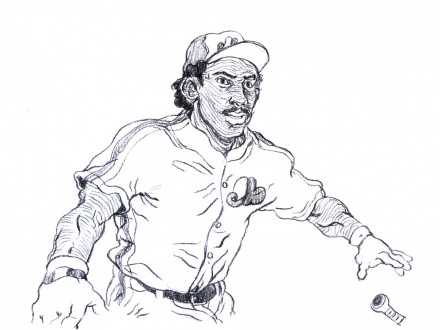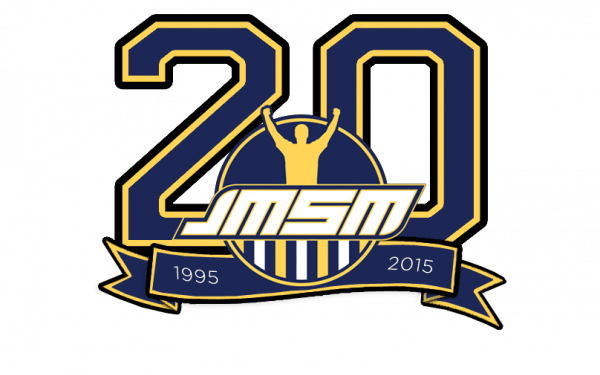Tim Raines Should Be a Hall of Famer
The Baseball Writers’ Association of America, those who ultimately decide who gets into the hall each year, elected four members into this year’s Hall of Fame class. It is the first time four members have been elected on one ballot since 1955. However, many deserving players were not elected to the Hall—including, notably, former Montreal Expo Tim Raines.
Raines finished with 55 per cent of the votes on his eighth year on the ballot. A player needs 75 per cent of the votes to be inducted into the Hall of Fame. Eligible players once had 15 years to get voted into the Hall. However, as of last year, the rule was changed to 10 years, but the change allows players who have been on the ballot for 10 years or more to still be eligible, provided they have not elapsed their 15 years.
Players who have less than 10 years on their ballot, however, are forced to comply with the new rule. It means that Tim Raines now has only two more years to be voted into the Hall of Fame, as opposed to seven more.
Raines began his professional career with the Montreal Expos. The team drafted him in the fifth round in 1977 as a switch-hitting shortstop. He mainly played second base throughout the minors, but in 1981, his rookie year, he was switched to left field. As a rookie, Raines stole 71 bases with an 87 per cent success rate.
Raines also finished the season with a .304 batting average, an on-base percentage of .391, and a slugging percentage of .438. Raines made his first all-star team appearance and finished second in Rookie of the Year voting.
Raines’s amazing rookie campaign proved to be no fluke, as he continued to produce for the Expos for 10 more seasons. He then went on to play five years with the Chicago White Sox and three with the New York Yankees, where he won two World Series. Raines then bounced around the league as old age and injuries caught up with him. He retired in 2002 as a member of the Florida Marlins.
Over a 23-year career, Raines posted great numbers that should have landed him in Cooperstown. Raines finished with career numbers of .294 AVG, a .385 OBP, and a .425 SLG. But what Raines was most known for, however, was his great speed and ability to steal bases. He finished with 808 stolen bases, the fifth most of all time, and had an 85 per cent success rate, the highest success rate with anyone close to his stolen base total.
If Raines doesn’t make it into the Hall of Fame, he would be the only player with more than 800 stolen bases not be inducted. The other four players to have more than 800 steals are Rickey Henderson (1406), Lou Brock (938), Billy Hamilton (912), and Ty Cobb (892). All four are in the Hall of Fame.
You won’t hear me say that Raines was better than Henderson, Cobb, or even Hamilton, but let’s compare Raines to Brock. Brock just for good measure was inducted into the Hall of Fame on his first try with 79.75 per cent of the votes.
| Career Stats | Tim Raines | Lou Brock |
| AVG | .294 | .293 |
| OBP | .385 | .343 |
| SLG | .425 | .410 |
| OPS+ | 123 | 109 |
| SB | 808 | 938 |
| SB % | 85% | 75% |
Upon comparison, Raines has surpassed Brock in certain stats. However, Brock was voted into the Hall of Fame, while Raines may never get in. The only notable statistic where Brock has Raines is in steals. Raines, however, has a higher success rate than Brock.
The Montreal Expos franchise have had many great players come through its system. Raines shines among its more notable faces.
Pedro Martinez, who played as an Expo from 1994 to 1997, will always be remembered as a Boston Red Sox player, while Johnson spent less than two seasons in Montreal.
Raines still has a chance to enter the Hall as a Montreal Expo, but the clock is ticking on his eligibility, and voters need to realize he is worthy of making the Hall of Fame.





2_600_375_90_s_c1.jpg)

